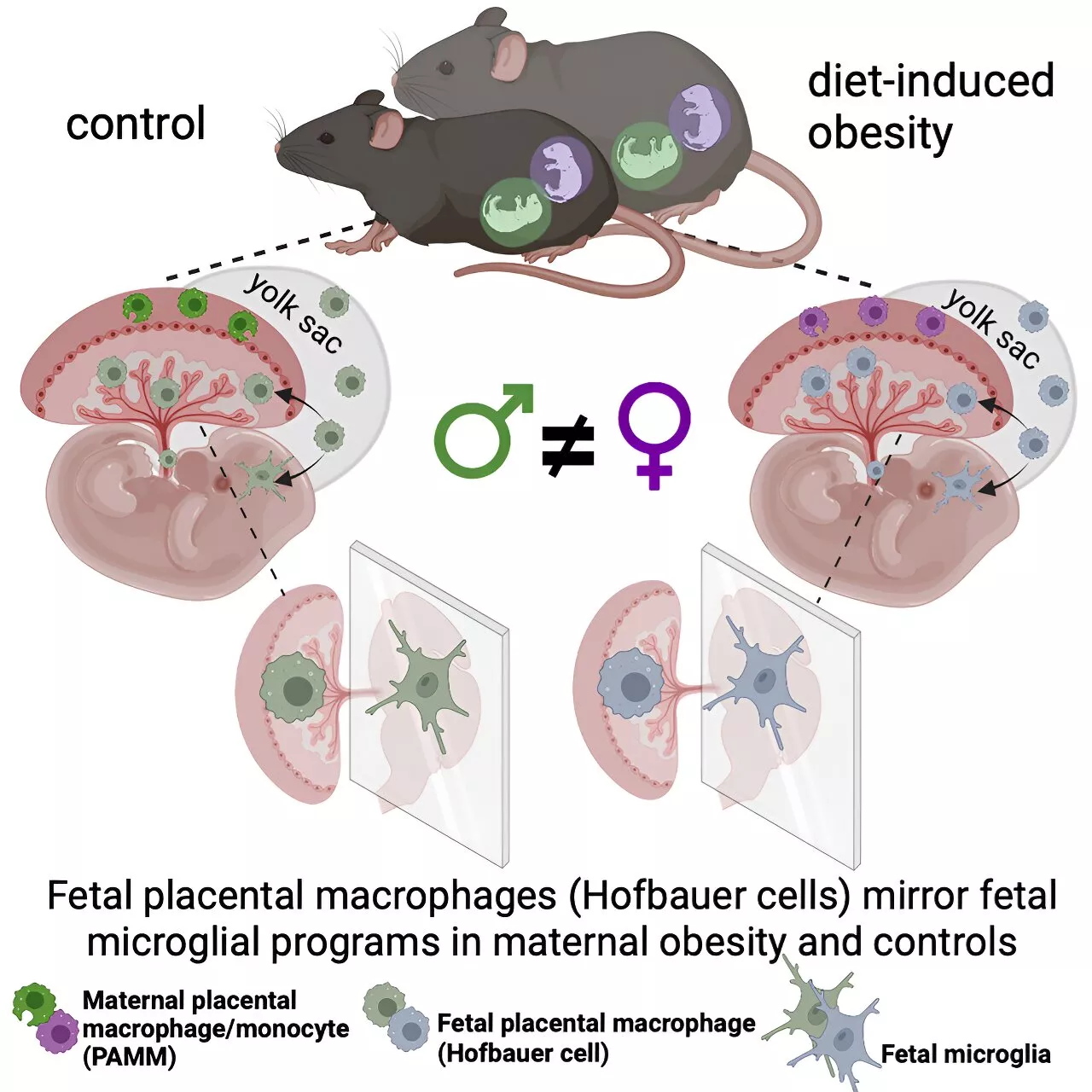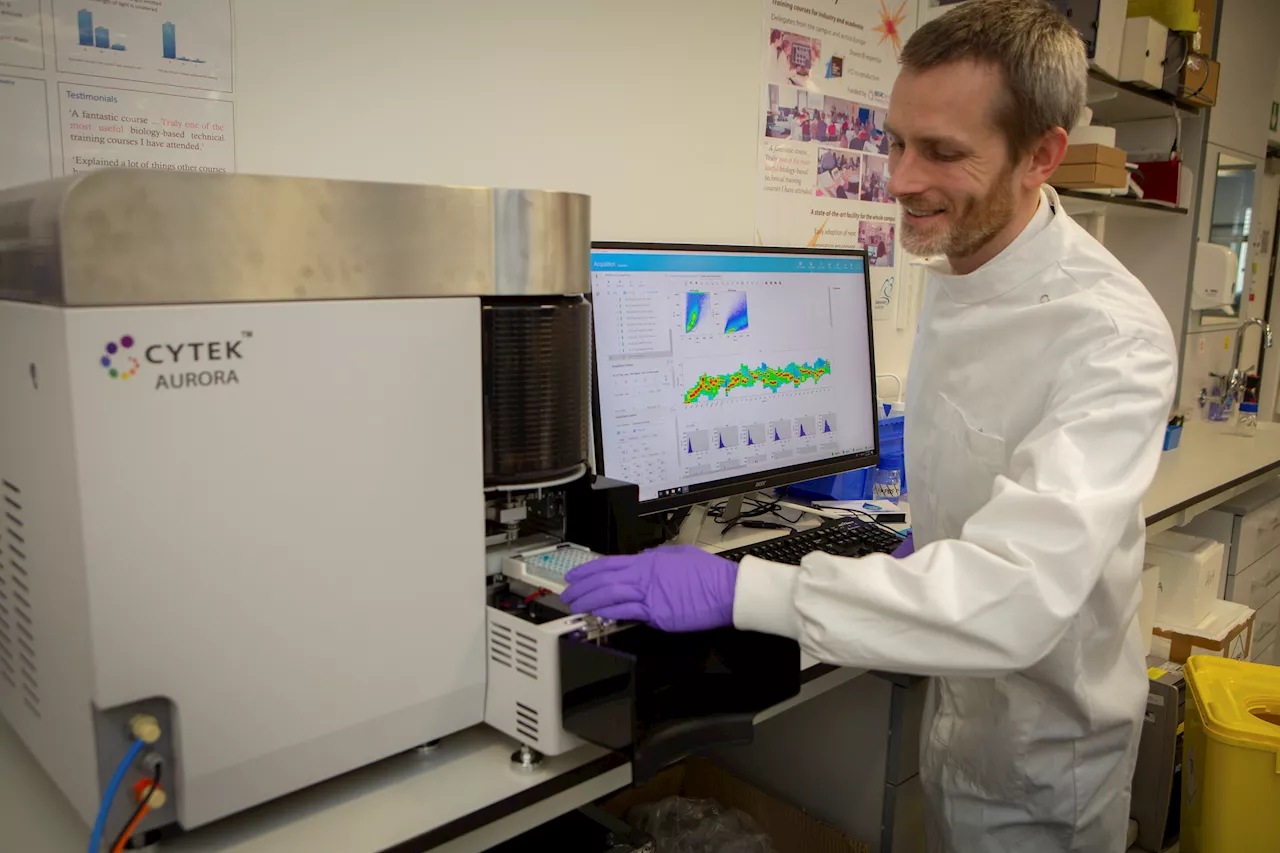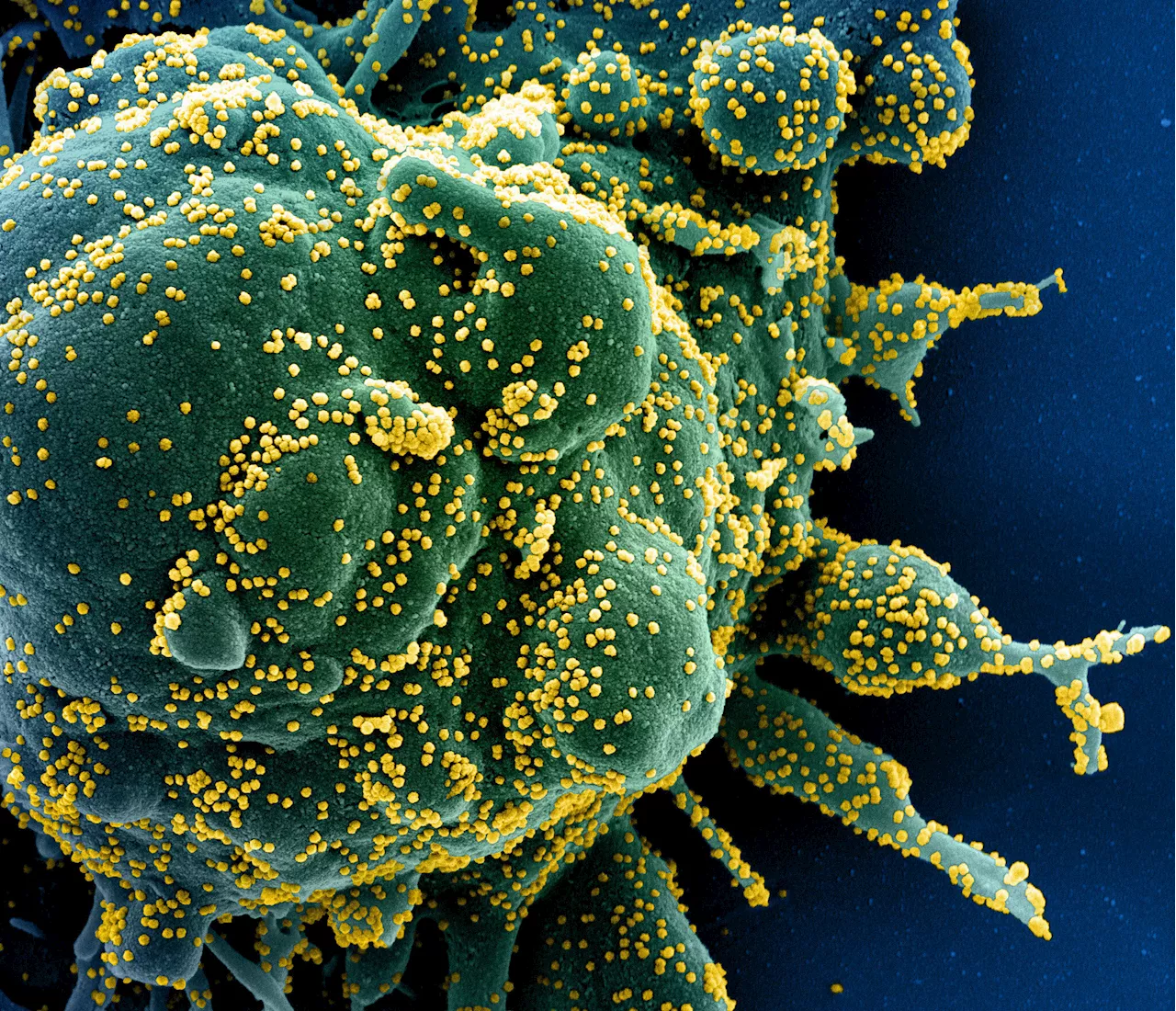Scientists have discovered novel immune responses that help explain how some individuals avoid getting COVID-19.
Immune response study explains why some people don't get COVID-19 retrieved 19 June 2024 from https://medicalxpress.com/news/2024-06-immune-response-people-dont-covid.html
This document is subject to copyright. Apart from any fair dealing for the purpose of private study or research, no part may be reproduced without the written permission. The content is provided for information purposes only.23 minutes ago Use this form if you have come across a typo, inaccuracy or would like to send an edit request for the content on this page. For general inquiries, please use ourThank you for taking time to provide your feedback to the editors.
Your feedback is important to us. However, we do not guarantee individual replies due to the high volume of messages.to let the recipient know who sent the email. Neither your address nor the recipient's address will be used for any other purpose. The information you enter will appear in your e-mail message and is not retained by Medical Xpress in any form.Get weekly and/or daily updates delivered to your inbox.
Medicine Research Health Research News Health Research Health Science Medicine Science
United States Latest News, United States Headlines
Similar News:You can also read news stories similar to this one that we have collected from other news sources.
 Testing immune cells in the placenta may indicate the health of fetal brain immune cellsImmune activation in a pregnant woman can have negative effects on the development of fetal brain microglia—or macrophage immune cells in the brain—and even lead to neurodevelopmental disorders in newborns.
Testing immune cells in the placenta may indicate the health of fetal brain immune cellsImmune activation in a pregnant woman can have negative effects on the development of fetal brain microglia—or macrophage immune cells in the brain—and even lead to neurodevelopmental disorders in newborns.
Read more »
 Scientists determine how cooperative proteins help the immune system identify and attack invadersBacteria, parasites, viruses—the immune system tackles them all. At the front line of the human immune response are cells called macrophages, which are responsible for correctly identifying intruders and then directing how the entire immune system responds.
Scientists determine how cooperative proteins help the immune system identify and attack invadersBacteria, parasites, viruses—the immune system tackles them all. At the front line of the human immune response are cells called macrophages, which are responsible for correctly identifying intruders and then directing how the entire immune system responds.
Read more »
 Discovery of 'new rules of the immune system' could improve treatment of inflammatory diseases, say scientistsScientists at the University of Cambridge have discovered that a type of white blood cell—called a regulatory T cell—exists as a single large population of cells that constantly move throughout the body looking for, and repairing, damaged tissue.
Discovery of 'new rules of the immune system' could improve treatment of inflammatory diseases, say scientistsScientists at the University of Cambridge have discovered that a type of white blood cell—called a regulatory T cell—exists as a single large population of cells that constantly move throughout the body looking for, and repairing, damaged tissue.
Read more »
 How COVID-19 'breakthrough' infections alter your immune cellsNew research from scientists at La Jolla Institute for Immunology (LJI) suggests people who received COVID-19 vaccines and then experienced 'breakthrough' infections are especially well armed against future SARS-CoV-2 infections.
How COVID-19 'breakthrough' infections alter your immune cellsNew research from scientists at La Jolla Institute for Immunology (LJI) suggests people who received COVID-19 vaccines and then experienced 'breakthrough' infections are especially well armed against future SARS-CoV-2 infections.
Read more »
 Just one in five immunosuppressed people under 75 have had Covid spring boosterScientists are concerned that the low uptake of boosters among people with weakened immune systems puts thousands of people at greater risk if they get a Covid infection
Just one in five immunosuppressed people under 75 have had Covid spring boosterScientists are concerned that the low uptake of boosters among people with weakened immune systems puts thousands of people at greater risk if they get a Covid infection
Read more »
 Study shows drug helps reprogram macrophage immune cells, suppress prostate and bladder tumor growthA novel therapy that reprograms immune cells to promote antitumor activity helped shrink hard-to-treat prostate and bladder cancers in mice, according to research from the Johns Hopkins Kimmel Cancer Center and its Bloomberg~Kimmel Institute for Cancer Immunotherapy and Johns Hopkins Drug Discovery.
Study shows drug helps reprogram macrophage immune cells, suppress prostate and bladder tumor growthA novel therapy that reprograms immune cells to promote antitumor activity helped shrink hard-to-treat prostate and bladder cancers in mice, according to research from the Johns Hopkins Kimmel Cancer Center and its Bloomberg~Kimmel Institute for Cancer Immunotherapy and Johns Hopkins Drug Discovery.
Read more »
